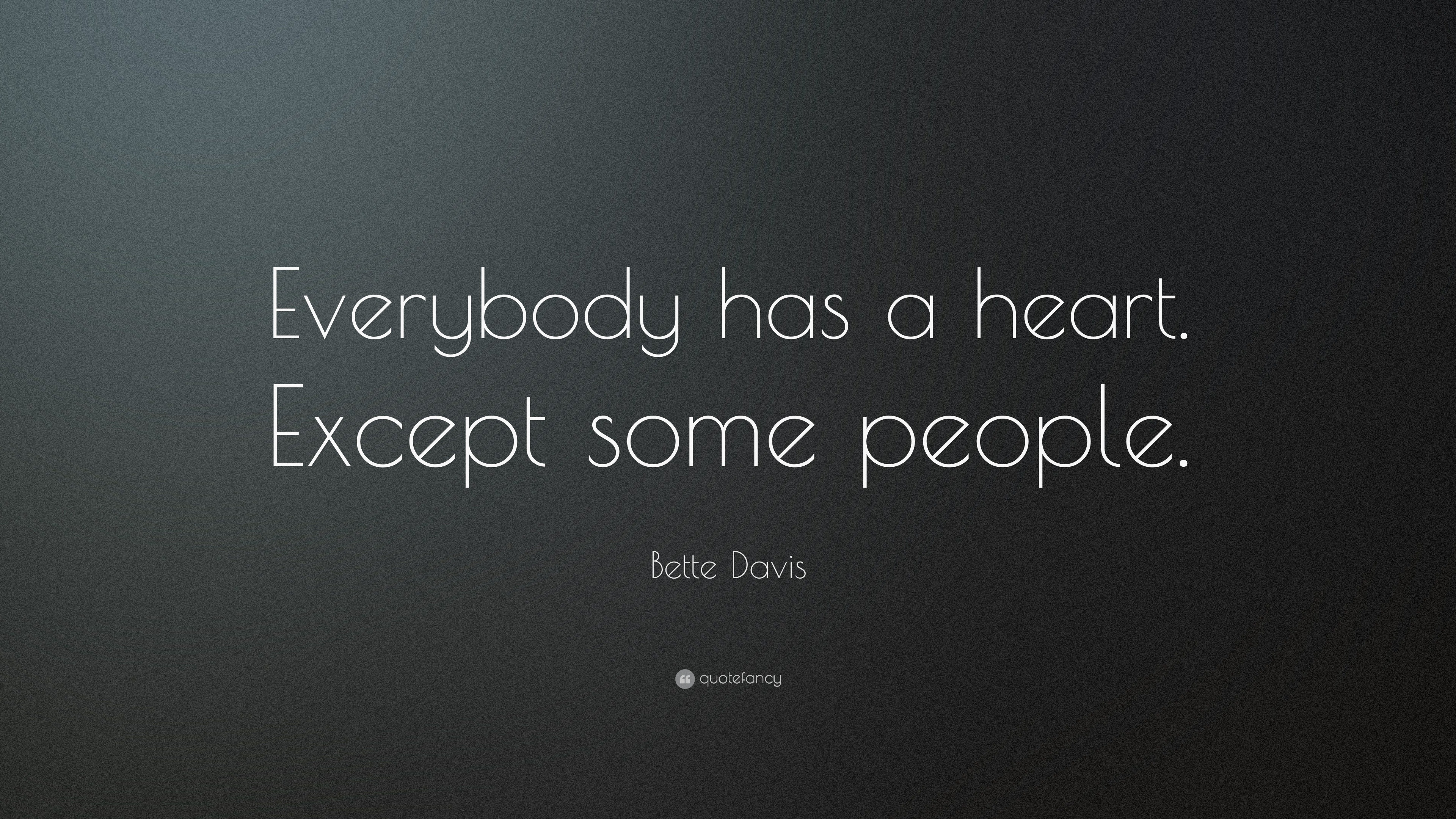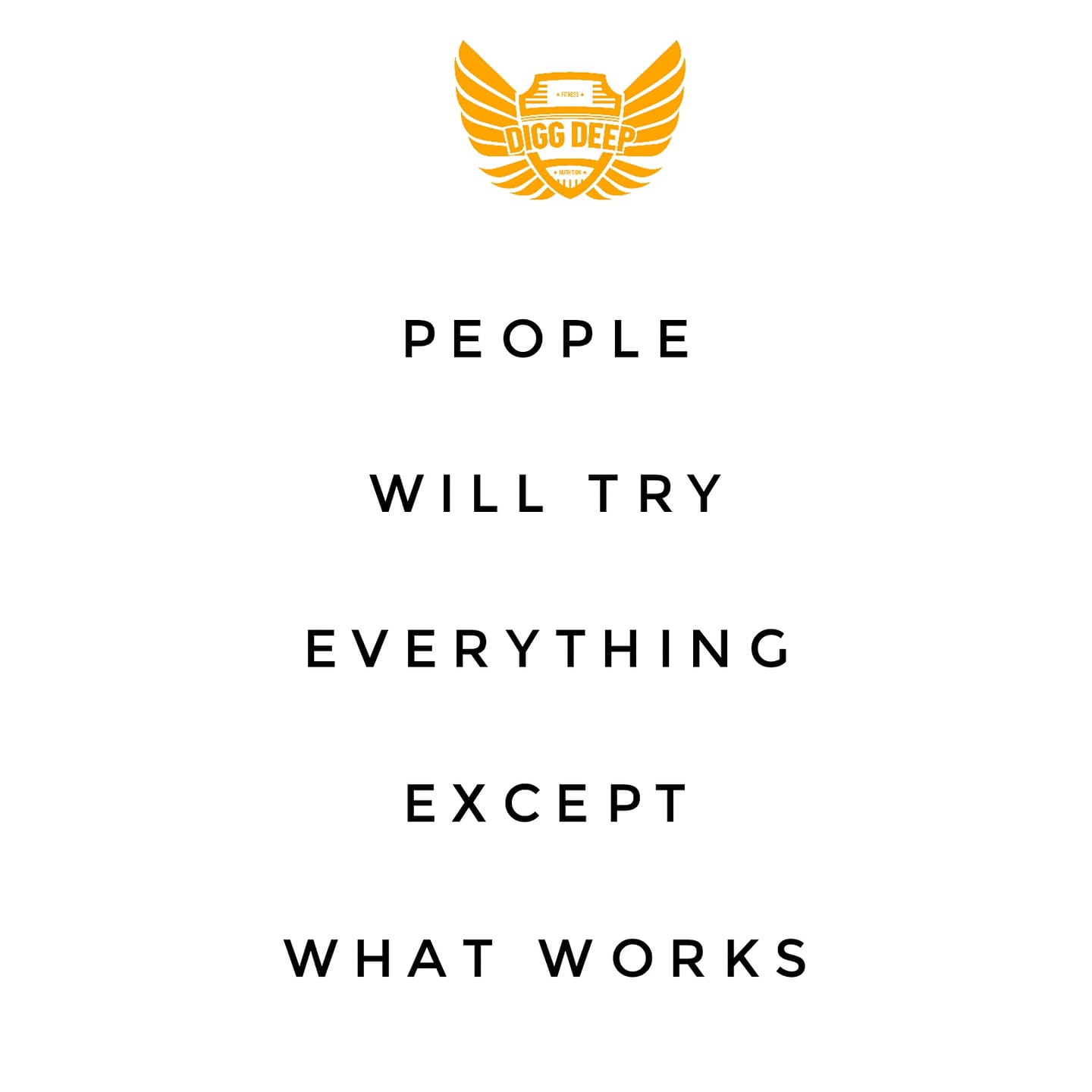People Except: Understanding The Concept And Its Impact In Everyday Life
Have you ever come across the term "people except" and wondered what it really means? In today's world, this phrase is gaining traction as a way to highlight inclusivity while addressing specific exceptions. It’s not just about excluding people; it’s about understanding who is included and who might need special consideration. This concept is becoming increasingly important in conversations around diversity, equity, and inclusion. Let’s dive deeper into this topic and uncover its significance.
Picture this: you're at a meeting, and someone says, "This policy applies to everyone, people except those with specific conditions." Sounds familiar? The phrase "people except" is often used in situations where general rules apply, but certain groups or individuals require unique treatment. It’s a delicate balance between inclusivity and recognizing exceptions.
As we explore this concept, we’ll look at its applications in various fields, from workplace policies to social norms. By the end of this article, you’ll have a clearer understanding of how "people except" works and why it matters in our daily lives. So, let’s get started!
Read also:Khloe Kardashian Attends 2022 Cfda Fashion Awards
What Does "People Except" Really Mean?
At its core, "people except" refers to the idea of applying rules or guidelines to a general population while making exceptions for specific groups or individuals. This concept is crucial in ensuring fairness and equity. For example, a company might implement a dress code that applies to all employees, people except those with religious or cultural requirements.
Think about it like this: imagine a school implementing a new attendance policy. The policy states that all students must attend in-person classes, people except those with medical conditions that make in-person attendance unsafe. This approach acknowledges the majority while protecting the rights of those who need accommodations.
Why Is This Concept Important?
The importance of "people except" lies in its ability to create a more inclusive environment. By recognizing exceptions, we ensure that no one is left behind. This is particularly relevant in today’s diverse societies, where one-size-fits-all solutions often fall short. Here are a few reasons why this concept matters:
- It promotes fairness by addressing individual needs.
- It fosters a sense of belonging among marginalized groups.
- It encourages organizations to adopt more flexible policies.
For instance, a workplace that embraces the "people except" mindset might offer remote work options to employees with disabilities, ensuring they can contribute effectively without unnecessary barriers.
Applications of "People Except" in Different Fields
The concept of "people except" is versatile and can be applied in various contexts. Let’s take a look at some of the most common areas where this idea plays a significant role.
Workplace Policies
In the workplace, "people except" is often used to create policies that cater to the majority while accommodating special cases. For example, a company might enforce a strict working hours policy, people except for employees with caregiving responsibilities who need flexible schedules.
Read also:A Closer Look At Nathan Fillion His Life Career And Impact
Education
In education, the "people except" approach ensures that all students have access to learning opportunities, regardless of their backgrounds. A school might require all students to participate in physical education classes, people except those with physical limitations who can engage in alternative activities.
Healthcare
Healthcare is another field where "people except" is crucial. Policies such as vaccination requirements might apply to the general population, people except for those with medical exemptions. This ensures that everyone’s health needs are considered.
How Does "People Except" Affect Society?
The impact of "people except" on society is profound. By acknowledging exceptions, we create a more equitable and just world. This concept challenges us to think beyond blanket rules and consider the unique circumstances of each individual.
For example, in urban planning, a city might design public spaces that are accessible to everyone, people except those who require additional accommodations, such as ramps or braille signage. This approach ensures that all members of the community can enjoy public spaces without barriers.
Challenges in Implementing "People Except"
While the concept of "people except" is beneficial, it does come with challenges. One of the main issues is striking the right balance between inclusivity and practicality. Organizations must carefully consider which exceptions to make and how to implement them effectively.
Another challenge is ensuring that exceptions don’t lead to unintended consequences. For instance, a company might offer remote work options to certain employees, but if not managed properly, this could create feelings of inequality among those who don’t qualify for the exception.
Overcoming These Challenges
To overcome these challenges, organizations can adopt the following strategies:
- Engage in open dialogue with stakeholders to understand their needs.
- Develop clear guidelines for making exceptions.
- Regularly review and update policies to ensure they remain fair and effective.
By taking a proactive approach, organizations can successfully implement the "people except" concept without compromising their goals.
Examples of "People Except" in Action
Let’s look at some real-world examples of how "people except" has been applied successfully.
Corporate Social Responsibility
Many companies are adopting the "people except" mindset in their corporate social responsibility initiatives. For instance, a tech company might commit to hiring a diverse workforce, people except for positions that require specialized skills that may not be widely available in underrepresented communities.
Community Programs
Community programs often use the "people except" approach to ensure inclusivity. A local library might offer free membership to all residents, people except for those who live in neighboring towns and may require additional documentation.
Legal Implications of "People Except"
From a legal standpoint, the "people except" concept must be handled carefully to avoid discrimination. Laws such as the Americans with Disabilities Act (ADA) and the Equal Employment Opportunity Commission (EEOC) regulations provide frameworks for making exceptions while ensuring fairness.
For example, under the ADA, employers are required to provide reasonable accommodations to employees with disabilities, people except in cases where doing so would cause undue hardship to the business. This legal framework helps balance the needs of individuals with the practical limitations of organizations.
Future Trends in "People Except"
As society continues to evolve, the concept of "people except" is likely to become even more prominent. Emerging trends such as remote work, digital accessibility, and personalized healthcare will require organizations to think creatively about how to apply rules while making necessary exceptions.
In the future, we may see more advanced technologies being used to identify and accommodate exceptions. For example, artificial intelligence could help organizations analyze data to determine which employees might benefit from flexible work arrangements, people except those whose roles require in-person presence.
How Can You Apply "People Except" in Your Life?
Whether you’re a business leader, educator, or simply an individual looking to make a difference, the "people except" mindset can be applied in various ways. Here are a few ideas to get you started:
- Review your current policies and identify areas where exceptions might be necessary.
- Engage with your community to understand their unique needs and challenges.
- Stay informed about legal and ethical considerations related to making exceptions.
By embracing the "people except" concept, you can contribute to a more inclusive and equitable world.
Conclusion
In conclusion, the concept of "people except" is a powerful tool for promoting inclusivity and fairness. By recognizing exceptions, we can create policies and practices that benefit everyone, regardless of their circumstances. As we’ve seen, this concept has applications in various fields, from workplace policies to community programs.
We invite you to share your thoughts and experiences with "people except" in the comments below. How have you seen this concept applied in your life or community? Together, let’s continue the conversation and work towards a more inclusive future.
Table of Contents
- What Does "People Except" Really Mean?
- Applications of "People Except" in Different Fields
- How Does "People Except" Affect Society?
- Challenges in Implementing "People Except"
- Examples of "People Except" in Action
- Legal Implications of "People Except"
- Future Trends in "People Except"
- How Can You Apply "People Except" in Your Life?
- Conclusion


